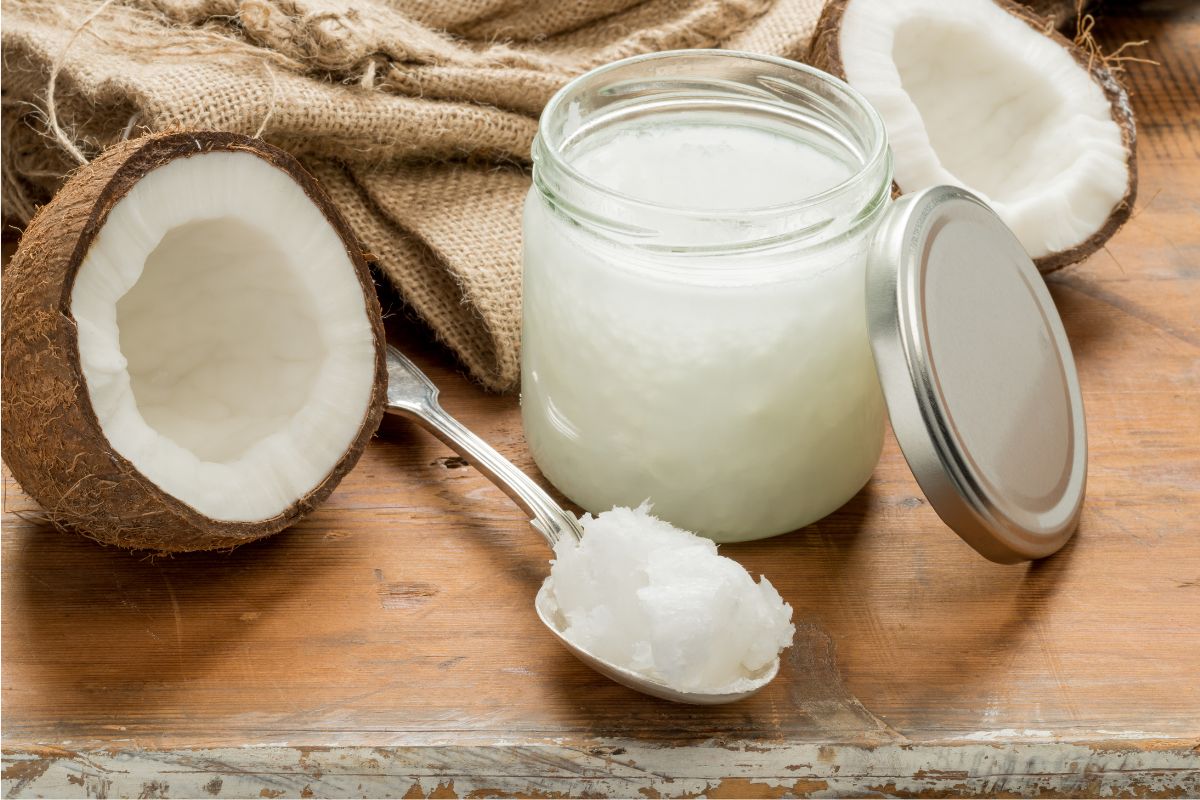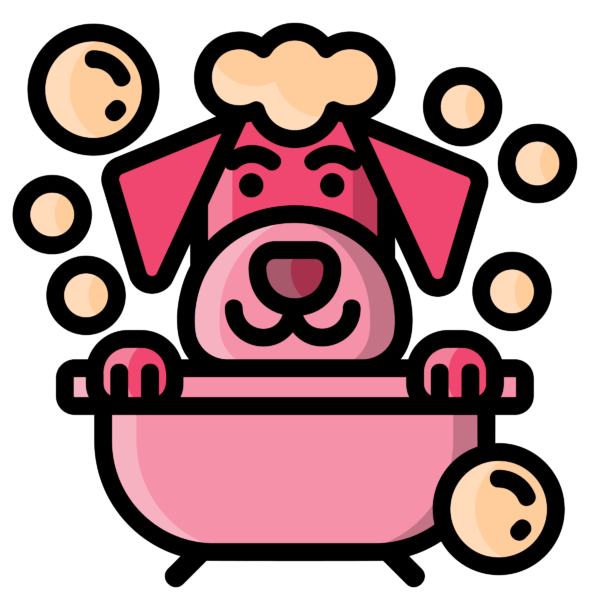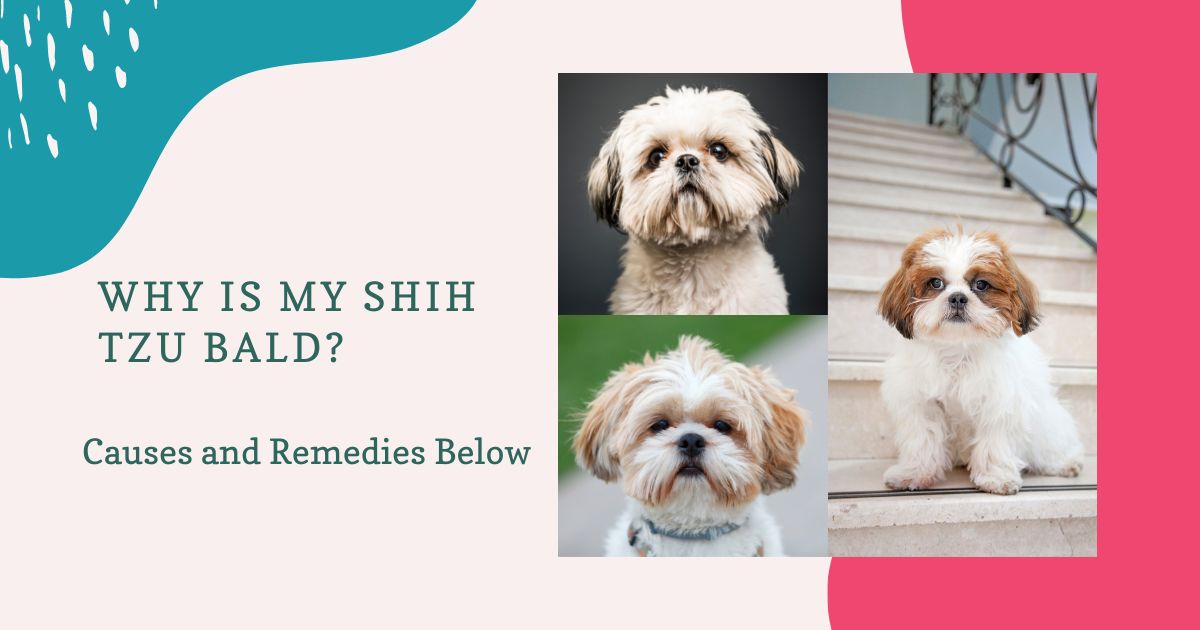Dogs and Hair Loss
You may be asking yourself and even your friends, why is my Shih Tzu bald? A common dermatological problem in dogs is hair loss, often known as alopecia in the medical community. In this condition, the dog either loses more hair than usual or loses hair in a specific region of the skin.
Sometimes you could think that it’s really strange, especially considering that the Shih Tzu breed is an allergy-friendly one.
Why is My Dog Losing Hair?
You never want to see your dog’s hair falling out, whether you keep your Shih Tzu in a full coat or a puppy cut. Hair loss in Tzu is unquestionably ugly, but more significant is that it’s a glaring sign that something is seriously wrong. First, take into consideration some of the more prevalent causes.
Skin Infections
Skin diseases caused by bacteria or fungi can also affect dogs, as they can affect people. An open wound on the skin, such as one caused by a scratch or a flea bite, is typically where bacterial skin infections start. These infections can lead to irritation and even hair loss.
Pyoderma is a term used to describe a bacterial skin infection, more specifically, an infection that causes the skin to become red and produce pus. Depending on the severity of the condition, you can treat pyoderma with either an antibiotic ointment or oral medication.
When the yeast on a dog’s skin becomes excessively active, a condition known as candida, often a yeast infection, can develop. An infection caused by candida on the skin can lead to inflammation of the skin, open sores, and even hair loss in some cases. Antifungal lotions or oral medications are viable treatment options for Candida skin infections.
Tinea, also known as ringworm, is a fungal illness (not a worm) that causes dry, circular patches of skin and broken hairs. You can treat this illness topically with antifungal creams or orally with antifungal medicine. It is common among dogs, cats, and people.
Parasites
When you think of canine parasites, the first thing that probably comes to mind is fleas, but ticks, lice, ear mites, and mange are also essential offenders. Fleas are the most common type of dog parasite. Your Shih Tzu will get irritation from these parasites and their bites. This may drive it to scratch, lick, or chew itself, resulting in varying hair loss.
Bacteria
Staphylococci, more commonly referred to as staph, are bacteria typically on the skin of your Shih Tzu (as well as your skin). Under normal circumstances, this bacteria does not cause any difficulties; Even in the early stages, there is a possibility that your small dog will lose some hair as a result of the constant scratching, gnawing, licking, or rubbing at the inflamed areas.
In the later stages of a staph skin infection, rapid hair loss in the afflicted spots can occur, along with intense itching, excessively red, scaly, and painful skin, and other symptoms such as a rash. Because a staph skin infection is often a complication of another health issue, your veterinarian must identify and treat the underlying problem causing the illness.
Fungus
Microsporum and Trichophyton, more commonly known as ringworm, are two of the most typical causes of hair loss due to fungal infections. The bald spots that result from this infection will often take the form of concentric circles, and the areas in their centers may have a crusty, dry appearance.
Some vets feel that Shih Tzus are genetically sensitive to the yeast infection known as Malassezia pachydermatis. This form of yeast is the Malassezia pachydermatis. Itching ranging from mild to severe is a common symptom of the illness.
In some cases, the affected areas may experience hair loss. In most cases, a yeast fungus infection is secondary to another condition, which you must first identify and then treat. This is the case with staph infections as well.
Allergies
Dog hair loss allergies are common. Flea saliva is the most prevalent allergen in dogs, which does not get the prevalence of dog allergies. Even a single flea bite on the skin of an allergic Tzu can cause extreme itching and make the dog’s life a living hell.
According to “The Merck Veterinary Manual,” atopy is another plausible explanation, particularly because the Shih Tzu breed is more prone to acquiring the disorder than other dog breeds. Your little dog may receive atopy, also canine atopic dermatitis, if it develops a sensitivity to an allergen in its surroundings, such as mold or pollen.
This condition is medically atopy. Itching is one of the most prominent signs of an allergy to an environmental irritant. Therefore, the persistent scratching, licking, and chewing your Tzu will do to alleviate its suffering might result in skin lesions and hair loss.
Hormones
Changes in the skin and coat of your Shih Tzu will occur if a gland in the Shih Tzu’s body releases an abnormally high or low amount of a hormone. However, in contrast to the other disorders described, hormonal issues do not typically cause itching.
Still, hair loss is a common side effect. It’s possible that your little dog’s skin will grow abnormally thin or thicker than usual and that you’ll also notice changes in the color of his skin and coat. You should not take concerns relating to hormones lightly.
Because of the potential for severe disease or even death, you must correctly evaluate these issues and treat them as soon as possible. Before making any changes to your pet’s nutrition, medicine, or physical activity habits, you should always consult with your veterinarian first. This information does not replace the advice of a qualified veterinarian.
Can Fleas Cause Hair Loss in Shih Tzus?
Can fleas cause hair loss in dogs? There are a few different reasons why fleas and mites’ itching can lead to hair loss. Dogs can scratch themselves bare, ripping away their hair and leaving bald spots on their bodies.
Scratching their scalp excessively can lead to skin abrasion, which can lead to bacterial and fungal infections and further hair loss.
Scratching can also cause scarring of the scalp. In addition, some dogs are allergic to fleas or mites, which can even worsen skin inflammation and hair loss. If you think your dog may have fleas or mites, you should consult a veterinarian as soon as possible.
Fleas and mange mites are extremely dangerous and can spread to other animals and the people in your home. You can use medication to cure both parasites, and a dog hair loss shampoo can help calm skin that the parasites have inflamed.
Signs of Hair Loss in Shih Tzus
Sometimes, it might be difficult to distinguish between typical shedding and actual hair loss. On the other hand, alopecia almost always comes with a few telltale indicators you can determine from normal hair shedding. The following is a list of dogs’ most frequent signs of alopecia:
- Visible bald patches.
- Thinning of the coat.
- Itchiness and accompanying scratching.
- Red, inflamed skin near hair loss areas.
- Dry or scaly skin around bald spots.
- Foul odor.
- Oozing or bleeding near hair loss areas.
- Dandruff.
Visit your local veterinarian’s clinic as soon as possible if you notice any of these symptoms in your dog or believe that your dog is shedding more than usual. A visit to the veterinarian is essential as soon as possible if your dog is shedding hair.
Normal vs. Abnormal Shih Tzu Hair Loss
Dogs have dander. It is an entirely natural process, similar to how we people lose our hair. It is natural for hair that is old, damaged, or both to fall out. The quantity of healthy shedding that a dog does depends on the breed of the dog as well as its overall health.
Dog breeds shed very little hair and are, therefore, hypoallergenic. However, other dog breeds, like huskies, shed more, giving the impression that they are continually shedding their fur. If a dog sheds more than usual, that is abnormal, and you should take it to a veterinarian.
What Would Cause a Shih Tzu to Shed More Than Usual?
There are occasions when Shih Tzus start shedding more hair than is typical for them. It is not necessarily a sign that something is wrong!
Bathing
When we consider the majority of dog breeds, when you give them a thorough wash, most will lose all of the dead furs they have.
Pregnancy
Because of the quick change in hormone levels that occurs during pregnancy, it is highly usual for a Shih Tzu to lose a significant amount of hair.
Growing Up
The puppies of the Shih Tzu breed are born with only the undercoat on their bodies. Because the puppy coat gets replaced by the animal’s adult coat between the ages of four and twelve, this is the period during which the greatest amount of shedding occurs.
Issues Relating to Health
Last but not least, it can be an issue with their health, such as alopecia, an allergic reaction, fleas, mange, or stress.
The Difference Between Shedding and Hair Loss
The shedding that occurs naturally in a Shih Tzu appears to be very slight. You can find only a few hairs. If they go through hair loss, you will notice their hair falling out quickly and becoming thinner all over. Read our article and find out Top 10 Shih Tzu Haircuts.
How to Control Hair Loss in Shih Tzus
You can do several things to lower the risk of hair loss in your dog, and there are activities you can begin right now. Make sure that you:
- Feed a good diet. Because of the close relationship between nutrition and the skin and fur of your dog, providing them with a high-quality meal helps maintain the skin and fur in pristine condition.
- Give some thought to using a dietary supplement. Feeding your pet the vital omega-3 fatty acids that they need through a nutritional supplement, such as fish oil, is an excellent approach to improve their skin and coat health. The 100% natural Omega Oil offered by Native Pet is a perfect option.
- Ensure your pet is always on an effective flea and tick preventative. It’s the simplest way to protect yourself against flea allergies and dermatitis caused by fleas and hair loss caused by tick bites.
- Groom Fido regularly. Grooming is beneficial to both the skin and the fur of your dog, and it also allows you to examine their skin for any potential issues.
What is the Best Natural Treatment for Hair Loss in Dogs?
No one wants a bald Shih Tzu. It is best to look for ways to treat it. When treating your dog for hair loss, there is no shortage of natural therapies that you may research and try.
Coconut Oil
Coconut oil effectively treats various skin diseases, including dermatitis, eczema, and even minor cuts and wounds.

Apple Cider Vinegar
The antibacterial and antifungal effects of apple cider vinegar are impressive. Always remember that apple cider vinegar has a high acidity level, and you should never apply it directly to your dog’s skin because it might cause even more damage. Spray into the afflicted region after mixing equal solution parts with water.

Vitamin E Oil
Vitamin E is a powerful antioxidant that assists in the restoration of lost hair. Additionally, it is beneficial for the health of your dog’s liver, coat, and immune system.
Lemon Juice
Because of the high concentration of citric acid that lemon juice contains, it possesses antimicrobial capabilities. Lemon juice is an excellent treatment option to consider employing if your dog is experiencing hair loss due to a bacterial illness.

Parting Thoughts
A dog losing hair can be very frustrating. When a dog starts to lose its hair, it usually has some form of underlying health condition that you must address. Because of this, it is extremely vital to inform your veterinarian as soon as you observe hair loss in your pet, as soon as you can.
The underlying problem may be an infection with fungi or bacteria, an allergy, an infestation with fleas or mites, or even a problem with the endocrine system.
It is possible for Shih Tzus to experience excessive shedding during the warmer months while they are pregnant and as a result of being in poor health. In addition, shedding can result from dog allergies, losing hair, and transitional phases.
The loss of hair is a natural process that makes room for the growth of new hair that is healthy. However, you should visit your veterinarian if you observe unusual shedding behavior. When possible, prevent hair loss in your dog by maintaining its skin and fur health.
You may accomplish this by providing your pet with healthy food, regular grooming sessions, and by keeping up with their preventative medicine.

